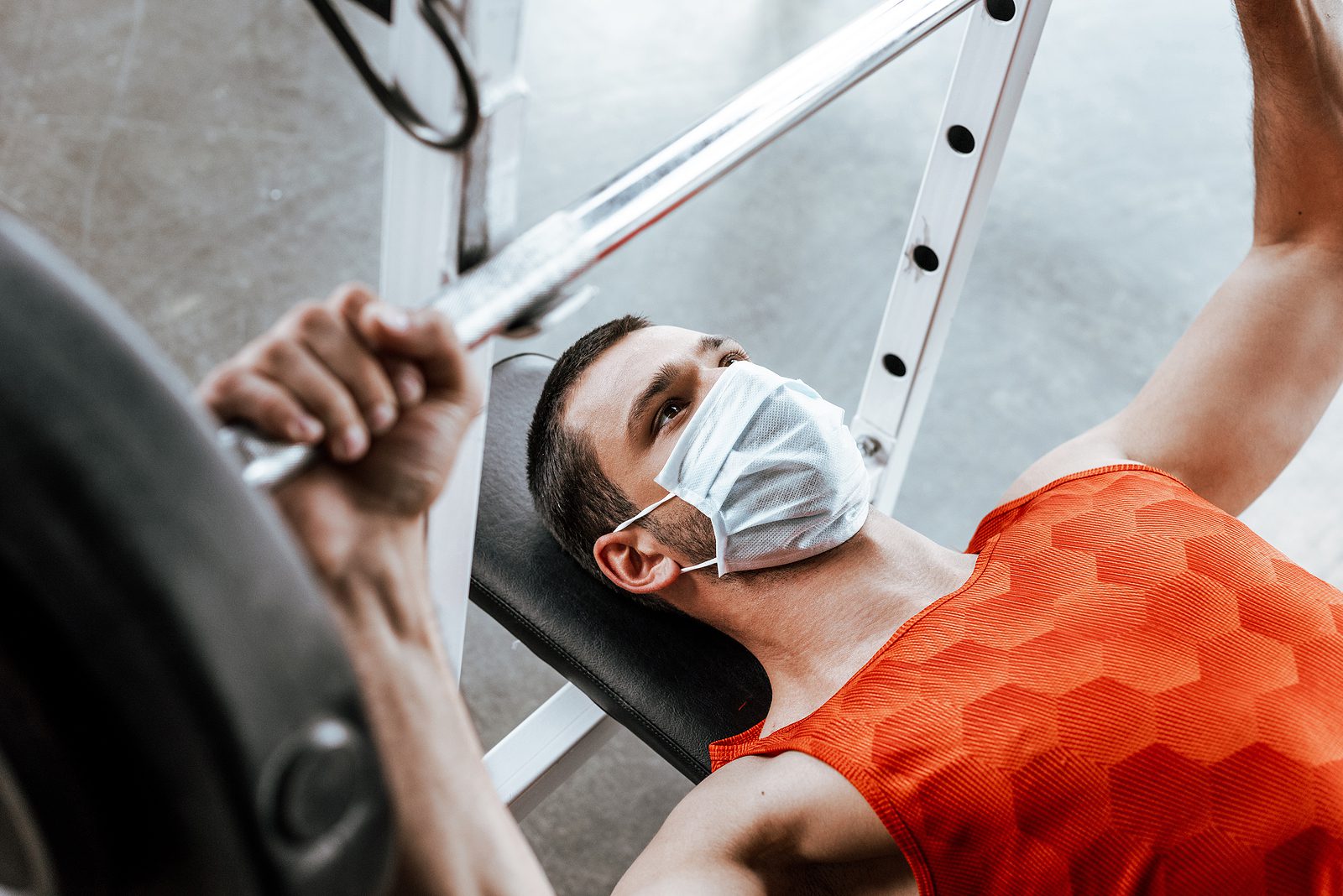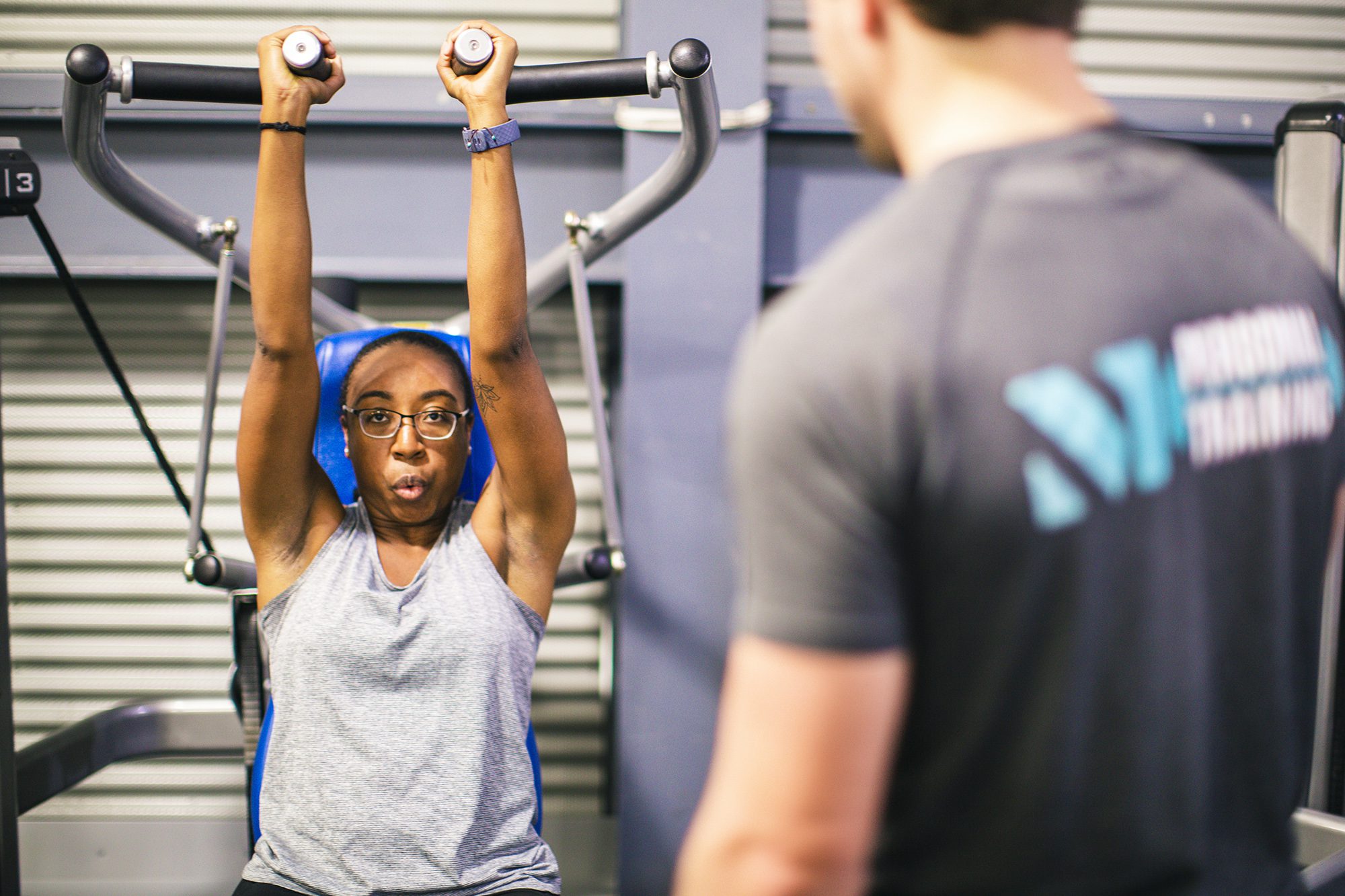 As the summer months continue to trek along, many of us have started leaving the safety and isolation of quarantine and are venturing back out into the world, slowly and cautiously. As we walk the fine line between staying safe and returning to some sort of normality, we are faced with the concerns and fears of contracting the virus and keeping our families safe and healthy. In a measure to protect ourselves and our loved ones, it is vital that we take all the precautions we can to boost our immunity and maintain optimal health.
As the summer months continue to trek along, many of us have started leaving the safety and isolation of quarantine and are venturing back out into the world, slowly and cautiously. As we walk the fine line between staying safe and returning to some sort of normality, we are faced with the concerns and fears of contracting the virus and keeping our families safe and healthy. In a measure to protect ourselves and our loved ones, it is vital that we take all the precautions we can to boost our immunity and maintain optimal health.
Both regular physical activity and a balanced diet are two of the most important pillars of healthy living and prevention of disease. Exercise has been proven to boost cardiovascular health, lower blood pressure, control body weight, and protect against disease. It also contributes to a strong and protective immune system. Recent scientific reviews found that exercise can improve the body’s immune response, lower illness risk, and reduce inflammation. With COVID-19 cases spiking, plus the threat of a second wave of outbreaks looming in our area, it is important now, more than ever before, to increase our immunity and protect our bodies.
Our immune system is essential for survival and is tasked with preventing attacks from bacteria, viruses, and parasites. The large network of cells and tissues contained within this system is constantly on the lookout for harmful invaders. Once a foreign pathogen is detected, an immune response is activated to fight this off and keep us healthy.
We have long known that exercise promotes good circulation throughout our bodies. Normally, we only have a small number of immune cells that circulate throughout our systems. Because exercise increases blood flow as muscles contract during cardiovascular or resistance training, the movement of immune cells throughout the body is strengthened and these substances can perform their jobs more efficiently. Therefore, the highly specialized immune cells can more easily find pathogens and wipe them out quicker during and after exercise.
Studies have shown that a 45-minute brisk walk causes an increase of immune cells drifting around the body for up to three hours after the walk. Further, individuals who participated in aerobic exercise marked by an elevation in heart rate for five or more days each week, lowered the number of respiratory infections by over 40%.
Long term, regular exercise also slows down the inevitable changes that happen within the immune system as we age, helping to reduce the risk of infections. Physical activity can flush bacteria out of the lungs and airways, reducing the chances of catching a cold, the flu, or other illnesses. Likewise, the rise in body temperature that occurs during exertion may prevent certain bacteria from growing and enhance the body’s ability to fight infection.
Other studies indicate that exercise diversifies our gut bacteria. When there is a high abundance and variety of microbes in the gut, the immune system has been proven to be stronger, more stable, and better able to fight off harmful intruders.
Exercise also decreases overall inflammation, making it easier for the body to fight infection. Unfortunately, the tension and anxiety that comes with a global pandemic and quarantine elicits a stress response in the body, increasing inflammation. Because exercise is a known intervention for stress and decreasing inflammation, it is even more important to keep your body moving.
Exercise can be especially beneficial for older adults who are more vulnerable to infection and illness, especially during the COVID-19 outbreak. Physical activity not only offers the benefits mentioned above, but it can decrease the negative effects of isolation and confinement that is prevalent in this population.
To gain the optimal benefits of exercise, it is best to engage in both cardio and strength training workouts that get your heart pumping. Alternatively, overexertion with physical activity can put an individual at a higher risk of infection. Therefore, aim for 150 minutes of moderate-intensity exercise each week or 75 minutes of vigorous-intensity physical activity each week. The key is to find something safe that you love and stick with it.
Along with exercise, a defensive immune system needs wholesome and regular nourishment. Research has long recognized that people who suffer from malnourishment are more vulnerable to infectious disease. Eating a diet high in fruits, veggies, whole grains, lean protein, and healthy fats is key to feeding your body what it needs to optimally function. Additionally, properly hydrating, prioritizing sleep, and managing stress are all key to maintaining optimal health and longevity.
While research on the novel coronavirus is still emerging, we know that the best measures we can take to prevent infection is maintaining physical distancing, wearing a mask, and frequently washing our hands. Although exercise cannot prevent infection when exposed, maintaining exercise and balanced nutrition can boost our immune system to help minimize its harmful effects.
Now is the best time to check out Merritt Clubs’ “Discover a Healthy Way Back.” Our clubs prioritize sanitation and physical distance measures. Stay active with our newly situated equipment, smaller and spaced out group fitness classes, designated personal training areas, and our indoor and outdoor pools. We also provide virtual offerings on Facebook and Instagram and our outdoor workout options. If you feel like you need a little jumpstart with your diet, check out our virtual wellness program that begins next week. Let Merritt Clubs help keep you safe, strong, active, and healthy for several decades to come!
If you are interested in signing up for our virtual wellness program or for further information, contact Sherri Lively at slively@merrittclubs.com.
Resources:


